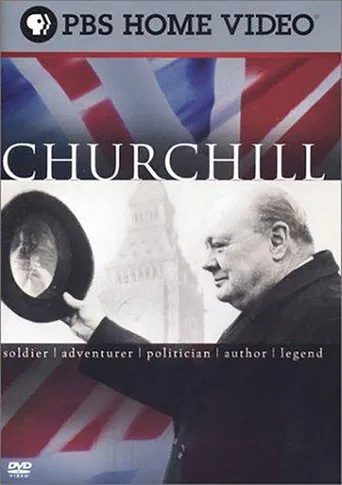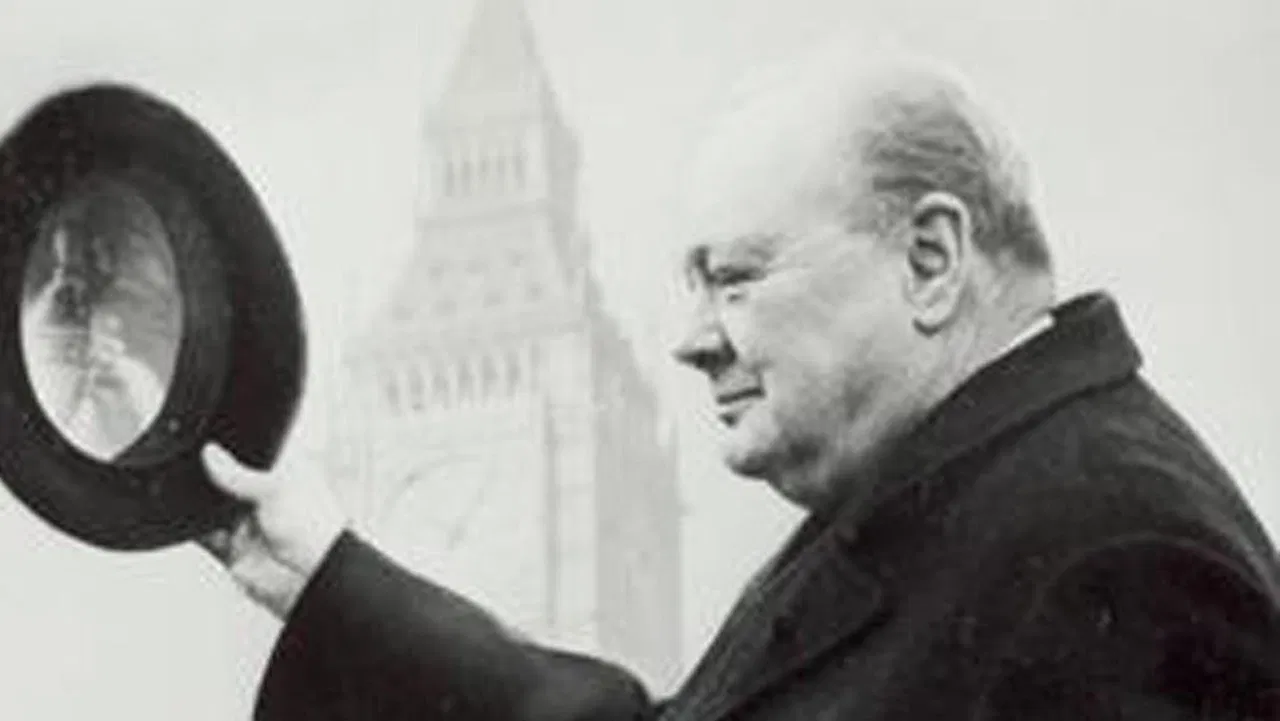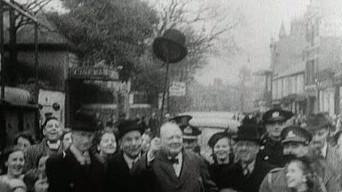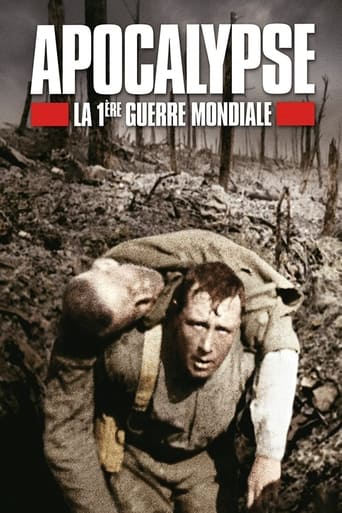Films
Action
Aventure
Animation
Comédie
Crime
Documentaire
Drame
Familial
Fantastique
Histoire
Horreur
Musique
Mystère
Romance
Science-Fiction
Téléfilm
Thriller
Guerre
Western
Voir Tout
Séries
Action & Adventure
Animation
Comédie
Crime
Documentaire
Drame
Familial
Kids
Mystère
News
Reality
Science-Fiction & Fantastique
Soap
Talk
War & Politics
Western
Voir Tout















